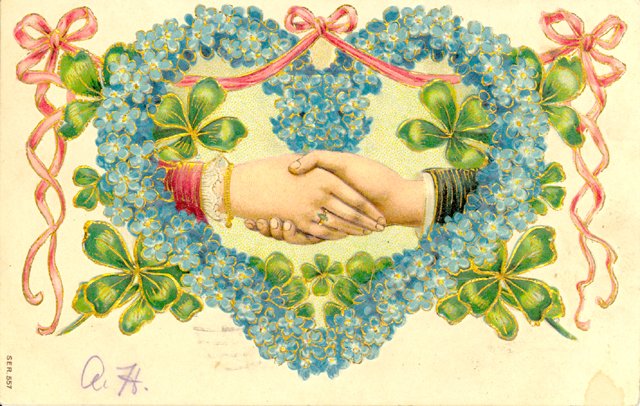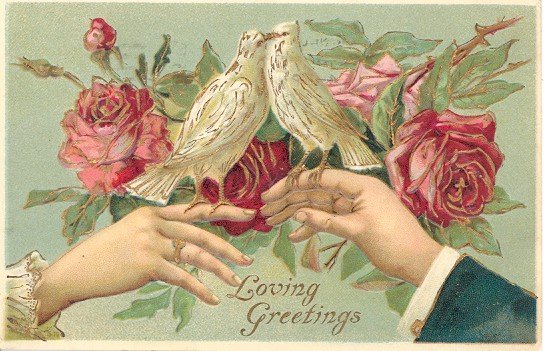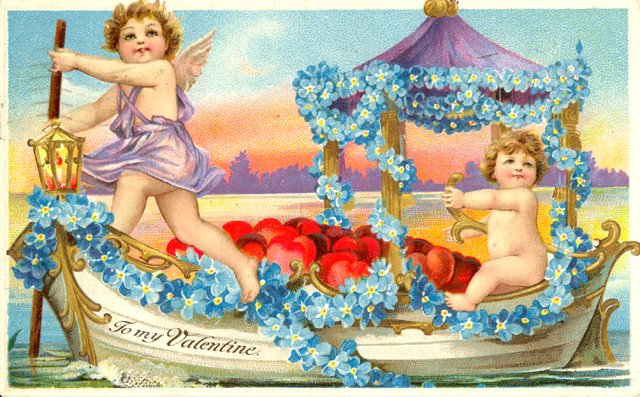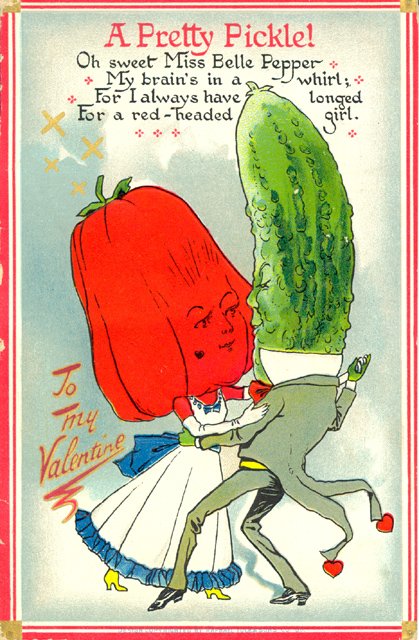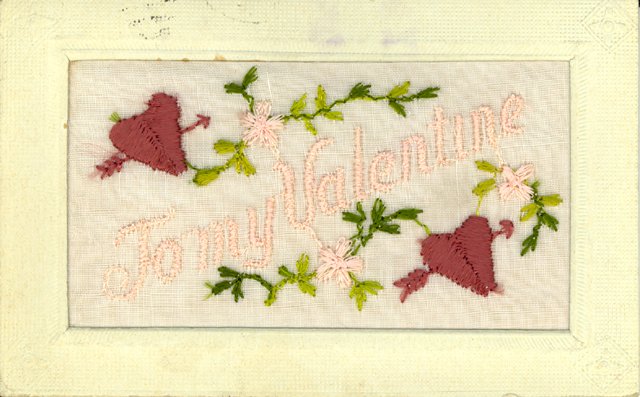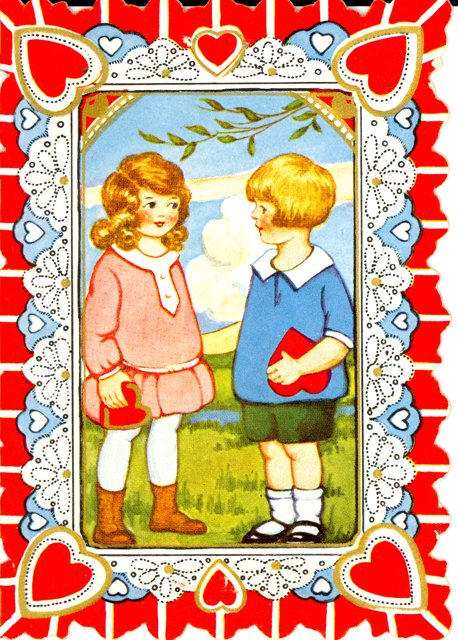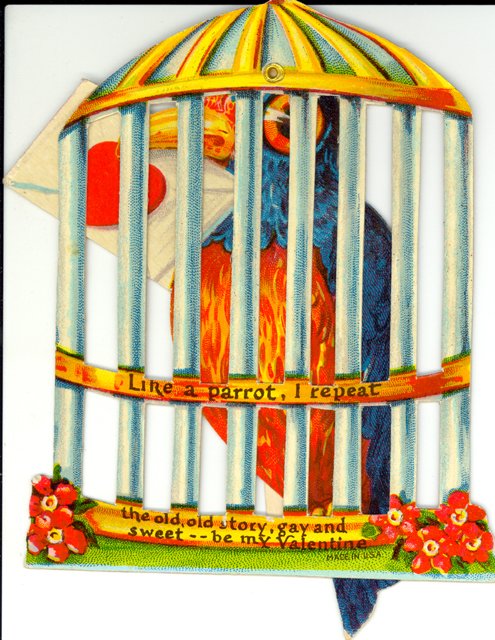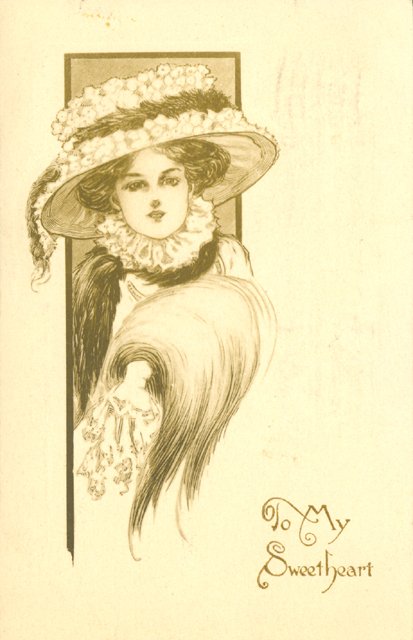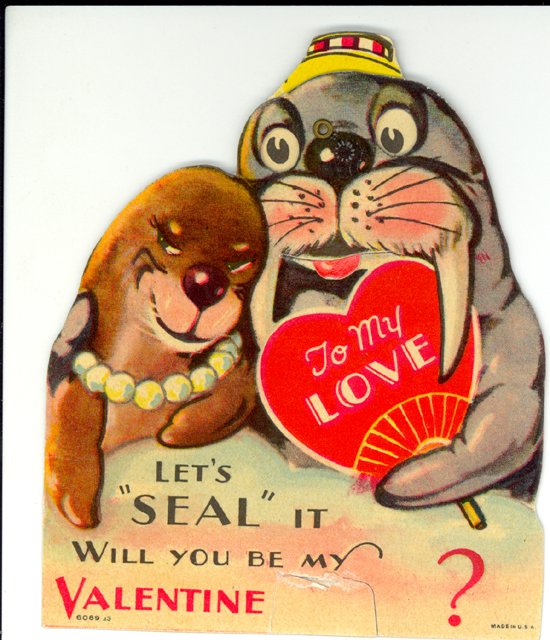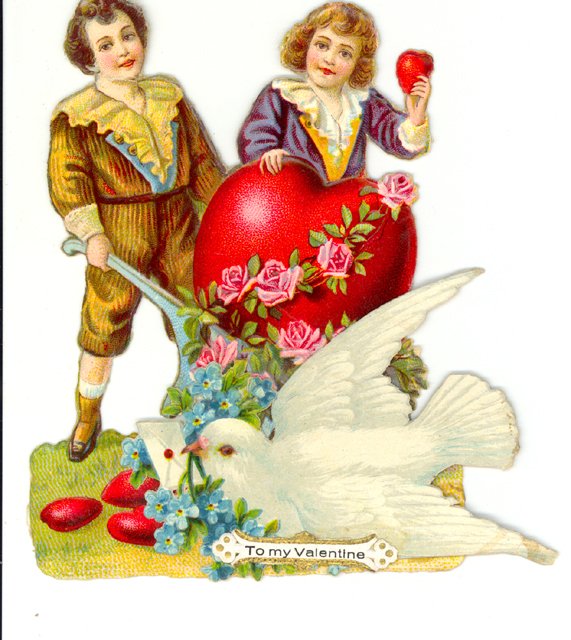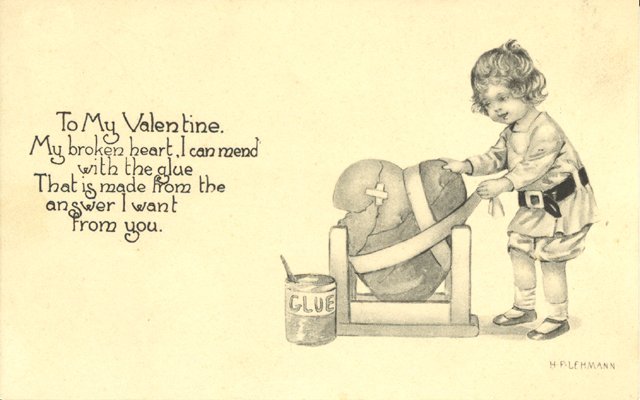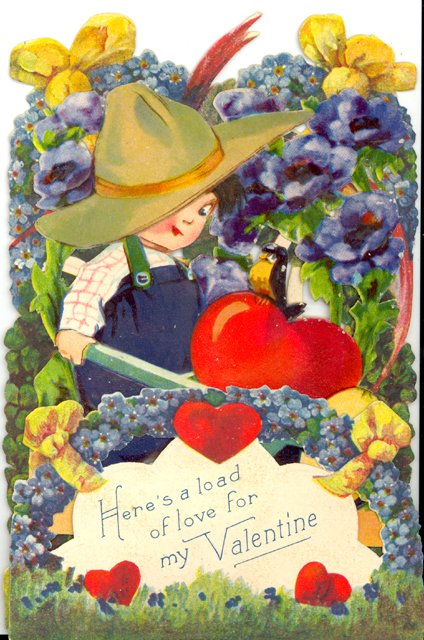Over 145 million Valentine’s Day cards are sold each year, the second most purchased seasonal card in the U.S. While the holiday’s exact origin is up for debate, the celebration of love and friendship we know today first gained popularity in the U.S. during the mid-19th century.
During this time, Esther Howland of Worcester, MA, is credited with mass-producing the first American valentines. Romantic European cards inspired Howland to design and create her first valentines by hand—intricate, layered collages of ribbons, lace, and paper ornaments. In 1913, Hallmark (then Hall Brothers) printed their first Valentine’s Day card, making the tradition more accessible and affordable.
The sentiment and imagery expressed by valentines changed in popularity over time. The Victorian era favored cherubs, hearts, and flowers paired with romantic poetry. In the 1920s and 30s, cards featuring die-cut shapes, animals, and children became prevalent and often included playful messages with puns and wordplay.
The museum has many Valentine’s Day cards, postcards, and classroom cards in its archives collected and received by local people.
